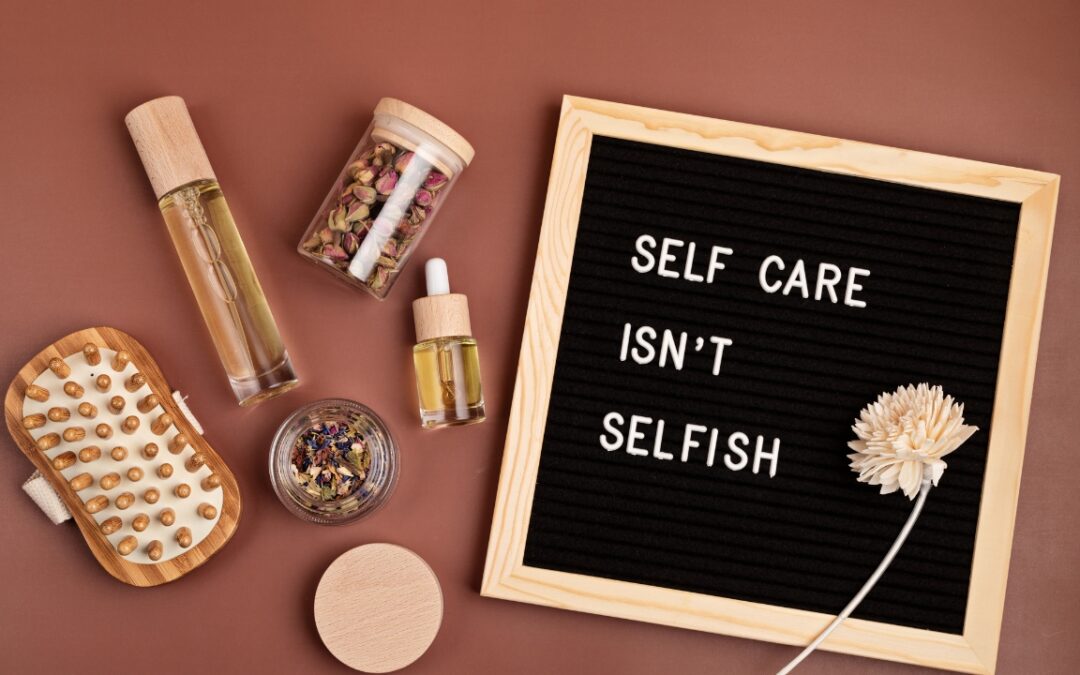Caring for a loved one is a profound act of love and devotion, but it can also be physically and emotionally exhausting. As a caregiver, you may often feel overwhelmed, stressed, or even burned out from the constant demands of providing care. While your focus is on your loved one, it’s crucial to remember that your well-being is just as important.
At Reliant Home Care Services, we understand the unique challenges caregivers face. Here’s how you can prioritize self-care, manage stress, and maintain your physical and mental health while continuing to provide the best possible care for your loved one.
Understanding the Impact of Caregiving
Being a caregiver is rewarding, but it also comes with significant challenges. According to the National Alliance for Caregiving, over 53 million Americans are unpaid family caregivers, many of whom spend more than 20 hours a week providing care. This level of commitment often leads to stress, fatigue, and even health problems.
Common signs of caregiver stress and burnout include the following:
- Feeling constantly tired or overwhelmed
- Losing interest in activities you once enjoyed
- Experiencing mood swings or irritability
- Neglecting your own health needs
Acknowledging these feelings is the first step toward making positive changes for yourself and your loved one.

Recognize the Importance of Self-Care
You’ve likely heard the phrase, “You can’t pour from an empty cup.” Taking care of yourself is not selfish—it’s essential for providing the best care for your loved one. Prioritizing self-care helps you recharge and maintain the physical and emotional energy needed for caregiving.
How can you begin prioritizing your own self-care? First, set boundaries. It’s okay to say no
to tasks that stretch you too thin. This doesn’t necessarily mean saying no to giving care to your loved one, but it can mean asking for help instead of automatically accepting any and every request. You should also take regular breaks. Even a 15-minute walk or quiet moment with a cup of tea can help you reset.
Learning some stress-management techniques can also help. Stress is an inevitable part of caregiving, but managing it effectively can make a significant difference in your well-being.
Here are a few relaxation strategies to reduce stress:
- Deep breathing exercises: Take slow, deep breaths to calm your nervous system.
- Mindfulness or meditation: Spend a few minutes each day focusing on the present moment to reduce anxiety.
- Physical activity: Exercise, such as walking, yoga, or swimming, can release endorphins and improve your mood. According to the American Psychological Association, regular physical activity can reduce stress and improve mental clarity.
Maintain Your Physical, Mental, and Emotional Well-Being
It’s easy to neglect your own health when you’re focused on someone else, but staying physically healthy is essential for being an effective caregiver.
Here are a few ways you can prioritize your physical health:
- Eat nutritious meals: Opt for balanced meals rich in fruits, vegetables, and lean proteins. Avoid skipping meals, even on busy days.
- Stay hydrated: Drink plenty of water to stay energized and focused.
- Get enough sleep: Aim for 7-9 hours of quality sleep each night. If sleep is interrupted by caregiving duties, consider taking short naps during the day.
- Schedule regular check-ups: Don’t skip your own medical appointments.
Caregiving can also take an emotional toll, leading to feelings of guilt, frustration, or sadness. Addressing these emotions is essential for your mental health. In order to maintain your mental and emotional well-being, there are a few things you can do. First, don’t be afraid to talk to others. Share your feelings with a trusted friend, family member, or therapist. It’s okay to share your frustrations—sometimes simply ranting can help you de-stress.
There are also various support groups out there that can give you a place to decompress. Connecting with other caregivers can help you feel less alone and provide practical advice. Finally, don’t ignore your hobbies. By dedicating time to activities that bring you joy, such painting, gardening, or reading, you can clear your mind and relax.
Why is this important? According to the Family Caregiver Alliance, caregivers are at a higher risk of depression, with 20-50% experiencing significant depressive symptoms. Taking proactive steps for emotional health can prevent these challenges from escalating.
Accept Help and Delegate Tasks
You don’t have to do everything on your own. Accepting help from others can lighten your load and give you time to recharge.
Here are a few ways you can delegate tasks:
- Ask family members or friends to assist with errands, meal prep, or household chores.
- Hire professional in-home care providers, like Reliant Home Care Services, to help with caregiving duties.
- Use community resources, such as meal delivery services or transportation programs.

Utilize Respite Care Services
Respite care offers temporary relief by providing professional support for your loved one, allowing you to take a break. Whether it’s a few hours or a few days, respite care ensures your loved one receives compassionate care while you focus on yourself.
At Reliant, we provide personalized respite care that fits your family’s needs. This service allows you to rest, recharge, and return to caregiving with renewed energy and focus.
Empowering Yourself for Better Caregiving with Reliant
Caring for a loved one is a journey filled with challenges and rewards. By prioritizing your self-care, you’re not only improving your own well-being but also ensuring you can provide the best possible care for your loved one.
At Reliant Home Care Services, we’re here to support you every step of the way. From respite care to personalized in-home assistance, our compassionate team is dedicated to helping your family thrive. Contact us today to learn how we can support you and your loved one. Remember, you’re not alone in this journey.

